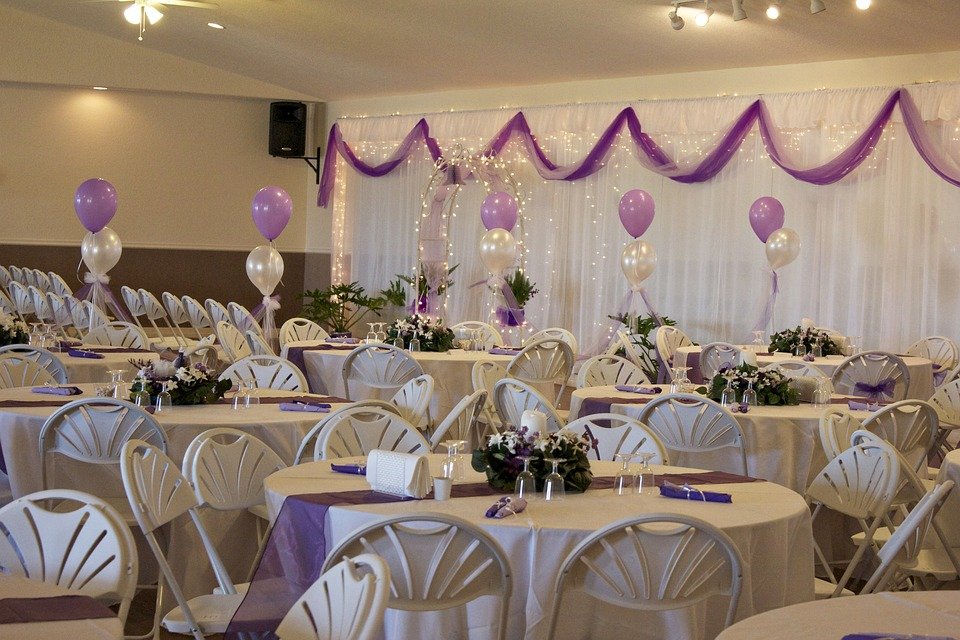[ad_1]
From candlelight to digital experiences: Tracing the Evolution of Events Management in London
London, a city known for its rich history and vibrant culture, has always been a hub for events and gatherings. Over the centuries, the way events are managed and organized in the city has undergone a remarkable transformation. From the simplicity of candlelight to the high-tech digital experiences of today, let’s take a journey through time to explore the evolution of events management in London.
In the early days, events were primarily organized by word of mouth, spread through the community and local newspapers. These events ranged from small gatherings in private homes to larger public celebrations. The lighting of candles and the use of lanterns played a significant role in setting the mood and atmosphere for these events, creating a warm and cozy environment.
As technology advanced, so did the methods of event management. The 19th century saw the rise of event planning agencies, which took charge of organizing and executing larger events. These agencies utilized telegraphs and early forms of telephones to communicate and coordinate with clients and suppliers. The use of electric lighting was introduced, allowing for greater flexibility in event decor and ambiance.
The 20th century brought about even more significant advancements in events management. The introduction of radio and television allowed for wider promotion and coverage of events. The use of microphones and speakers made it possible to address larger crowds. Venues started offering more sophisticated amenities like built-in sound systems and lighting setups.
In recent decades, London has seen an explosion of creativity and innovation in events management. With the emergence of the internet and digital technology, event planning has taken on a whole new dimension. Social media platforms allow for instant promotion and gathering of attendees. Event management software and websites streamline the ticketing and registration processes.
Furthermore, technology has opened up doors for virtual and hybrid events, especially in the wake of the COVID-19 pandemic. London has witnessed the transition from traditional in-person gatherings to a hybrid format, where some attendees are physically present while others join remotely through livestreams and video conferencing. This development has expanded the reach of events and allowed for broader audience engagement.
Looking ahead, the future of events management in London and beyond seems to be heading towards even more immersive and interactive experiences. Virtual reality and augmented reality technologies will likely play a significant role in creating unique event environments. Artificial intelligence may be employed to personalize and tailor experiences to individual attendees, enhancing engagement and satisfaction.
In conclusion, events management in London has come a long way from the simplicity of candlelight to the digital experiences of today. The evolution of technology and communication has revolutionized the industry, making it more accessible and exciting for event organizers and attendees alike. As the city continues to evolve, it will be fascinating to witness the further transformation and innovation that lies ahead in the realm of events management.
[ad_2]

